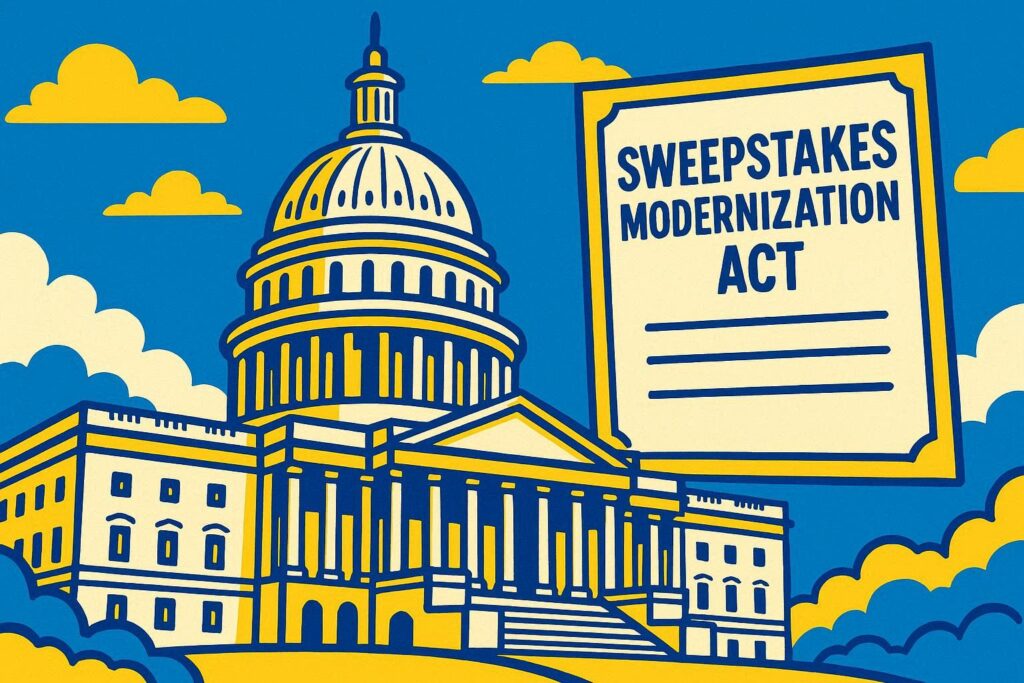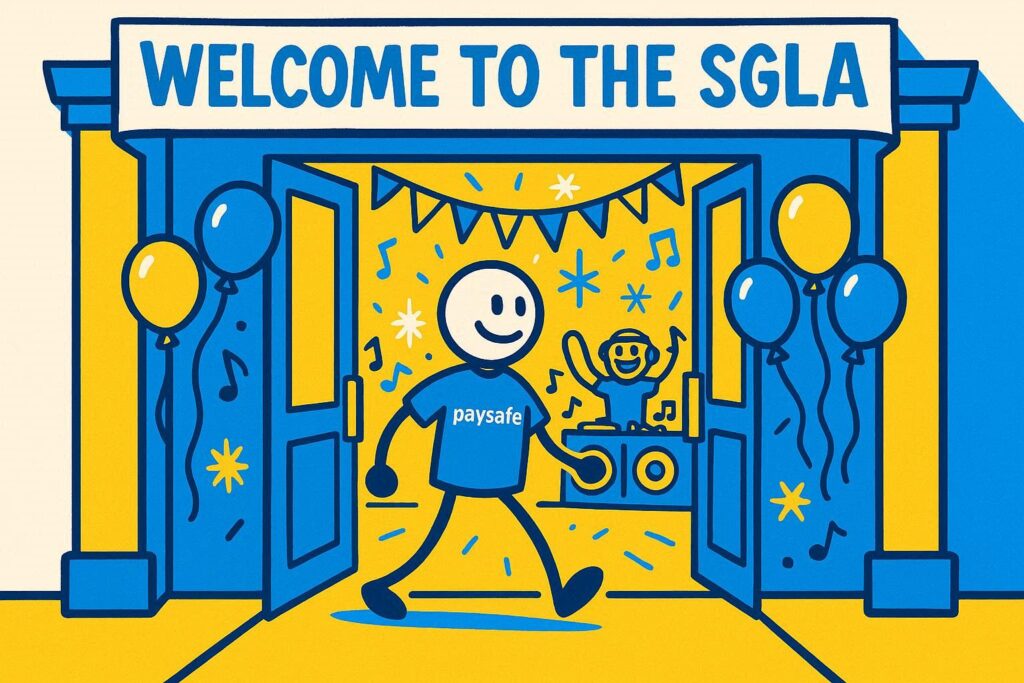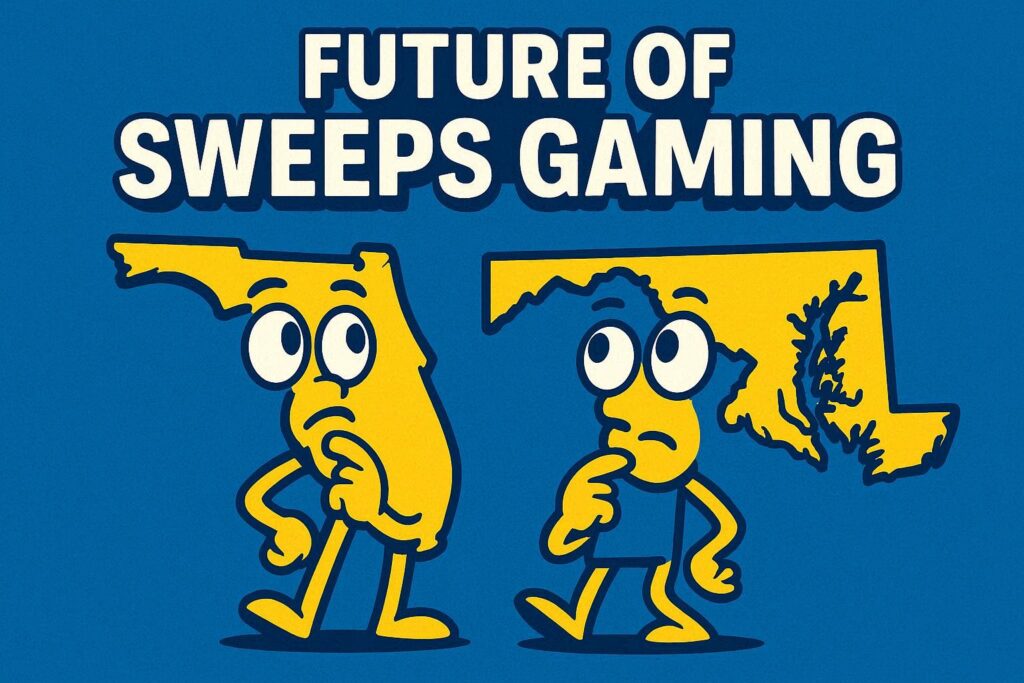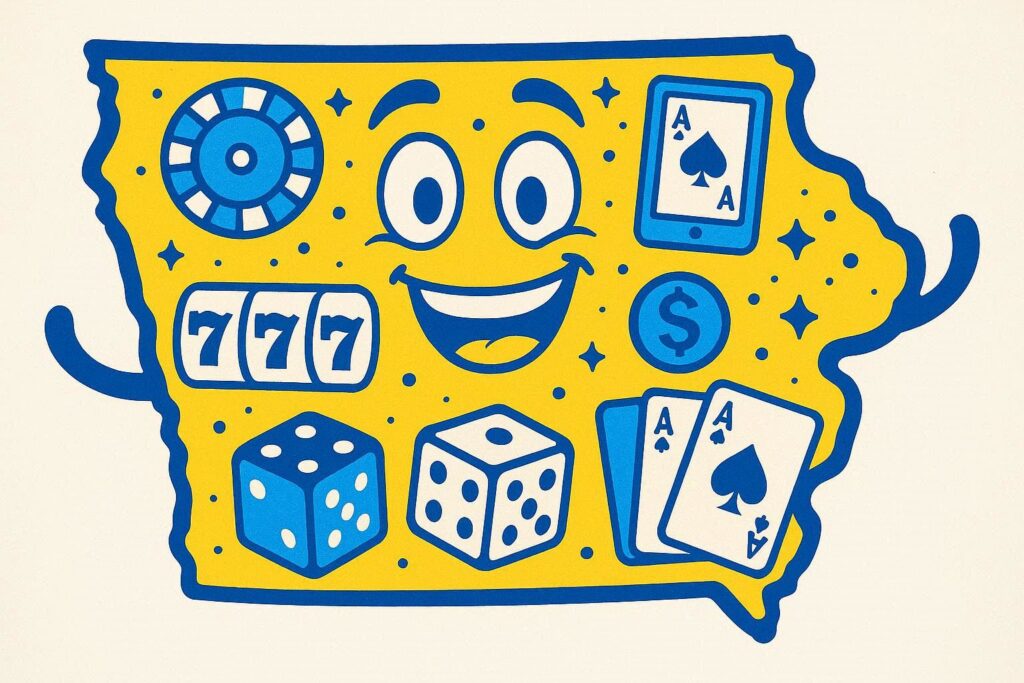While other states have taken to relying on lawmakers to draft legislation to ban certain forms of perceived illegal gambling, South Carolina has taken it one step further.
South Carolina Gambling Recovery, LLC recently filed a lawsuit in Oconee County – located in the northwest corner of the state – against a number of highly recognizable daily fantasy sports and online sweeps casino brands.
The LLC, which identifies itself as “a company formed under the laws of Delaware to enforce South Carolina’s gambling laws,” alleges that all the named defendants are “offering illegal, unregulated gambling products to South Carolina residents.”
But to really understand how deep the group traversed, the statute it cited – which allows the plaintiffs to seek four times the amount of damages – was established in 1710.
Lawsuit alleges DFS offers ‘sports betting by any other name’
The lawsuit essentially groups defendants into two categories:
- Daily fantasy sports: Betr, Prizepicks, Sleeper, Underdog
- Sweepstakes casinos: Blazesoft, High 5 Games, VGW
According to the suit, the first group features a product known as “Pick’ems,” which the plaintiff alleges is “[h]iding behind the monicker of ‘fantasy sports.’”
Essentially, South Carolina residents can bet on future performances of professional athletes or what sportsbooks and casinos would refer to as “‘prop bet’ parlays,” per the suit.
“Pick’ems are sports betting by any other name,” the suit states. “They are prohibited in South Carolina.”
Sweepstakes casinos operate behind ‘thinnest of legal veneers’
As for the second group, sweepstakes casinos allow South Carolinians to play traditional casino games for real money, according to the lawsuit, including slots, blackjack and craps, among others.
“They do so behind the thinnest of legal veneers,” the suit states, adding that users can play free games “using worthless tokens” known as Gold Coins. On top of that, sweeps operators permit the purchase of Sweeps Coins, which can be redeemed for cash prizes.
While South Carolina does not have a law specifically addressing sweepstakes casinos, the plaintiff said “it does not need to.”
Because, as the lawsuit outlines, the Statute of Anne can apply.
What is the Statute of Anne?
In the early 18th century, nearly 70 years before officially being admitted to the Union and shortly after the Province of Carolina split into two states, South Carolina – then a British colony – adopted aspects of the Statute of Anne through the “reception statute” in 1712, which provides a safeguard for residents against illegal and unregulated gambling.
Since that time, the basic statutory framework that has discouraged gambling within state lines has remained largely unchanged.
Originally a British law passed in 1710 under Queen Anne, the Statute of Anne “makes certain gambling debts unenforceable,” according to the lawsuit.
“It allows a losing party to sue the winning party for the value of losses exceeding $50 (and for fees)” per the suit. “And should the losing party fail to sue within three months, it authorizes anyone to bring a claim against the winning party for four times the amount of damages (and costs).
“The recovery is split evenly between the suing party and the County in which the gambling occurred.”







